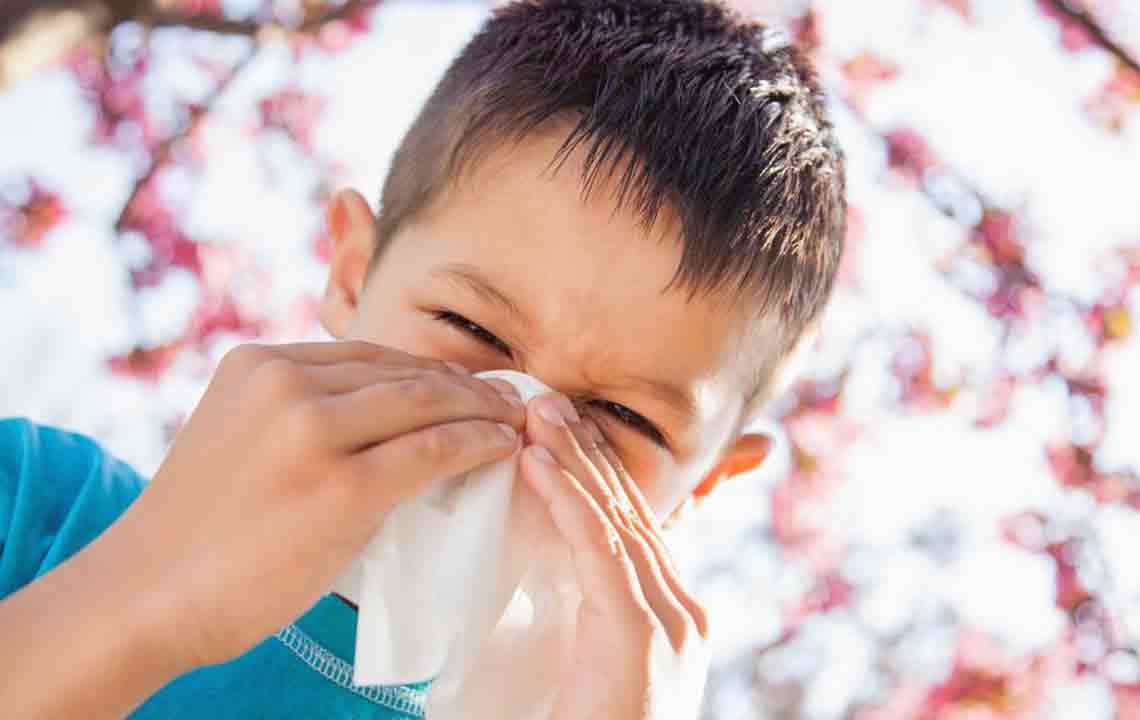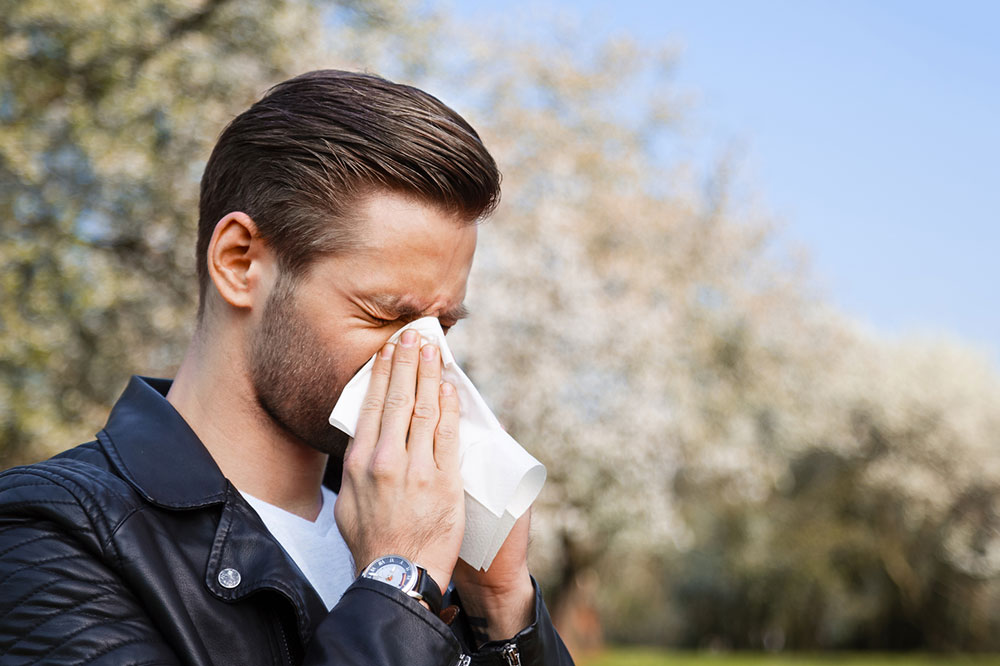Comprehensive Guide to Recognizing and Managing Common Allergy Symptoms
This comprehensive guide explores common allergy symptoms, their signs, and when to seek urgent medical help. It covers allergic reactions like rhinitis, skin reactions, and severe anaphylaxis, providing vital information to recognize and manage allergies effectively. Understanding different allergy types and triggers can help in early detection and prevention, ensuring safety and better health management for individuals of all ages.

Understanding the Key Signs of Allergic Reactions and When to Seek Help
Allergic reactions can manifest soon after encountering an allergen, often within minutes, but sometimes their symptoms may take several hours to emerge. While many allergy symptoms are mild and can be controlled with proper management, it's crucial to recognize the early warning signs to prevent escalation. Severe allergy reactions, such as anaphylaxis, are medical emergencies that require immediate intervention. Educating yourself about the typical symptoms of allergies is essential for effective management and ensuring safety for yourself and loved ones.
What are the common signs indicating an allergy?
Most allergy symptoms include:
Persistent runny or congested nose, often referred to as allergic rhinitis
Itchy, red, watery eyes that may develop into conjunctivitis
Breathlessness, chest tightness, and persistent coughing
Skin reactions such as hives, redness, and intense itching
Swelling of the lips, tongue, face, or around the eyes
Gastrointestinal symptoms like stomach pain, nausea, or vomiting
Skin that appears dry, flaky, and sometimes prone to bleeding
It’s important to note that allergy symptoms vary depending on the allergen and exposure level. For example, pollen exposure mainly causes nasal congestion, while skin contact might trigger rashes, and certain foods can cause digestive issues. Recognizing these patterns helps in identifying the allergen and managing symptoms effectively.
Seeking professional medical advice is vital if a child experiences allergy symptoms, to confirm diagnosis and receive personalized treatment plans.
What are the signs of a severe allergic reaction?
Severe allergic reactions, or anaphylaxis, are life-threatening emergencies affecting multiple organ systems. Symptoms include swelling of the throat and airways, confusion, dizziness, bluish lips, loss of consciousness, and collapse. Immediate administration of emergency treatment, such as epinephrine, is critical to avoid fatal outcomes.
The main categories of allergies include:
Respiratory allergies: Affect the respiratory system with seasonal variations like spring, summer, fall, and winter allergies. Common triggers include pollen, mold, dust mites, and weeds. Management includes lifestyle modifications, medications, and allergen avoidance strategies.
Food allergies: Cause symptoms such as digestive discomfort, skin rashes, or swelling after consuming specific foods like nuts, shellfish, dairy, or eggs.
Skin allergies: Result from contact with specific allergens, leading to hives, swelling, or angioedema, often localized but sometimes widespread.
Remember, allergy symptoms can be diverse and unpredictable. Early detection and prompt medical intervention are essential for effective management and preventing serious complications. Education about allergy triggers and appropriate responses can significantly improve quality of life for allergy sufferers.





